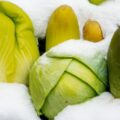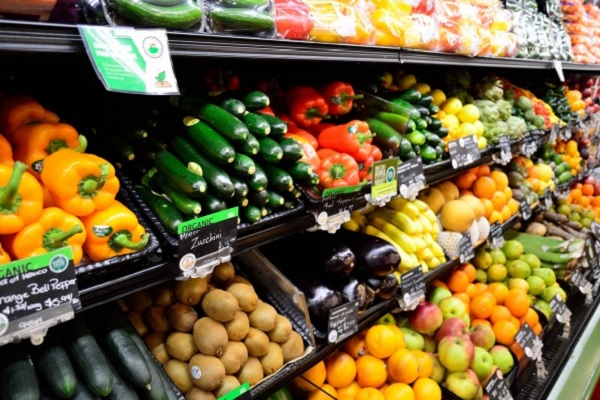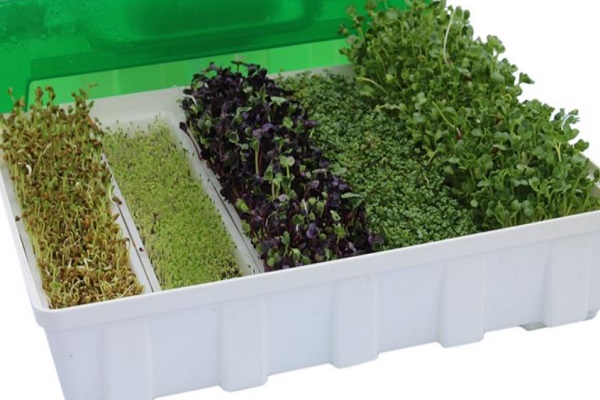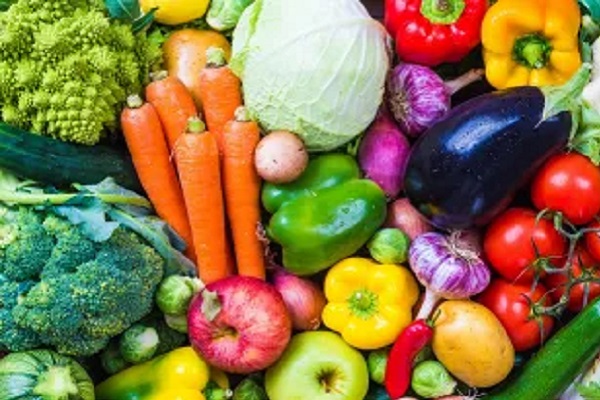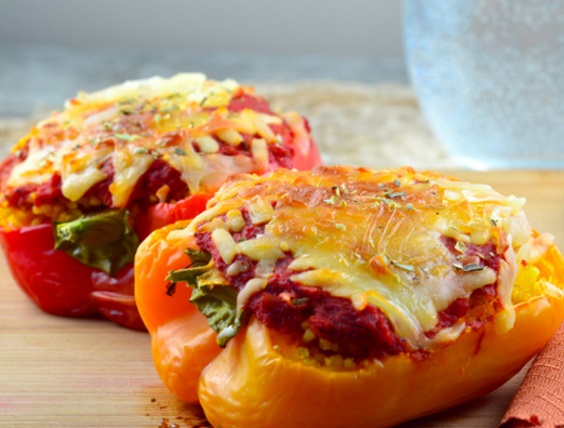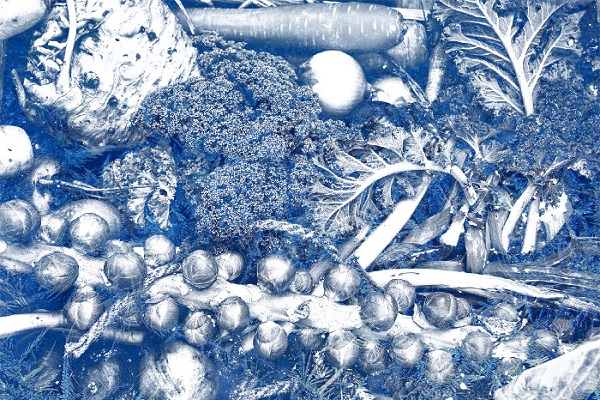
With the cooling of the weather, the foods that adorn the market and grocery aisles began to change. Parallel to this, our tables and eating habits began to change as well. So, what vegetables should we grow and read as the weather changes? I am lucky enough to live in a country which goes through all four seasons due to its geography and this provides the opportunity to grow vegetables and fruits of all seasons. As we say hello to the winter months, winter vegetables that have received all the positive effects of the sun throughout the summer and have transmitted it to their roots have started to harvest.
For a healthy diet, consuming each nutrient in its own season is important, especially when it comes to winter vegetables. Whether you like them fresh, raw or cooked to perfection these winter vegetables are not only good for you, but they are also quite easy to grow. You can cultivate them in your own backyard garden. However, for that, you would need to prepare the garden in advance. For instance, you would have to fertilize the soil properly and consider opting for Squirrel Removal services so that wildlife does not destroy your vegetables.
That said, once you have taken care of the above-mentioned things, you are certainly ready to embark on the journey of gardening.
Broccoli
It should be cooked and consumed by cooking and especially by boiling. It is a food rich in vitamin A and potassium.
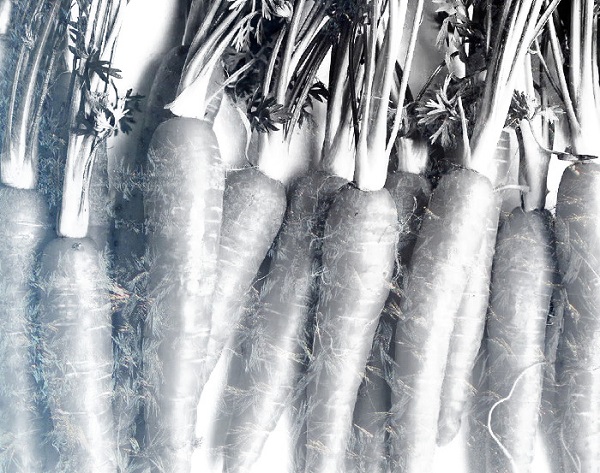
Carrots
It should be consumed raw or after cooking without delay. It is a vegetable with high water content. It gives energy to the body and regulates cholesterol. It is a rich source of fibre in terms of A, B1, and B2.
Celery
Since it is a sulphurous food, it should be consumed as soon as possible after harvest. It is a beneficial nutrient for the kidneys. It also has the property of cleansing the blood.

kale
It is a food that should not be consumed by those with goitre. It helps to balance blood sugar, relieve constipation and eliminate anaemia and diuretic. It is an extremely rich food in terms of calcium, iron, potassium, copper and vitamin C.
Pumpkin
Folic acid is one of the essential nutrients for the body. Consumption of 100 g of zucchini will be enough to meet of your daily folic acid need. If you consume it by boiling, you will get carotene, a powerful antioxidant, into your body.
Cabbage
White cabbage is a complete source of antioxidants. It is a vegetable that has protective properties against intestinal cancer. It is a low-calorie food rich in vitamins A, B and C.

Leek
Although it is a very disliked vegetable, it is a vegetable rich in potassium, iron, calcium and phosphorus. It is known to have the property of preventing kidney stone formation.
Cauliflower
It is one of the most effective winter vegetables in fighting against infections. It is especially useful in the treatment of urinary tract infections.

Spinach
Although it is known as a source of iron, it is a food rich in magnesium, phosphorus and iodine. It lowers blood pressure and strengthens the immune system. It is effective against progressive age-related eye diseases.
Garlic
It is a helpful nutrient in strengthening the immune system and reducing the risks of high blood pressure and heart attack.
Which of these winter vegetables do you like the most? Do you like one that is not on this list? Do let us know in the comments below!
